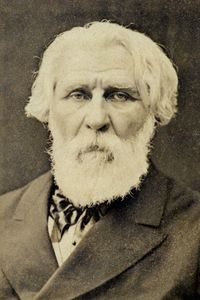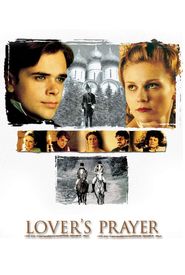Ivan Sergeyevich Turgenev, a renowned Russian literary figure, was born in 1818 and passed away in 1883. He was a multifaceted artist, excelling as a novelist, short story writer, poet, playwright, translator, and ambassador of Russian literature in the West.
Turgenev's literary career was marked by a collection of short stories, titled 'A Sportsman's Sketches', which was based on his observations of peasant life and nature during his hunting trips in the forests surrounding his mother's estate, Spasskoye. This influential work is credited with shaping public opinion in favor of the abolition of serfdom in 1861, and Turgenev considered it his most significant contribution to Russian literature. One of the stories from this collection, 'Bezhin Lea', served as the basis for Sergei Eisenstein's controversial film Bezhin Meadow, released in 1937.
In the early 1850s, Turgenev penned several novellas, including 'The Diary of a Superfluous Man', 'Faust', and 'The Lull', which captured the anxieties and hopes of his generation. Between 1853 and 1862, he wrote some of his finest stories, as well as the first four of his novels: 'Rudin', published in 1856, 'A Nest of the Gentry', published in 1859, 'On the Eve', published in 1860, and 'Fathers and Sons', published in 1862. Among these novels, 'Fathers and Sons' remains Turgenev's most famous work.
This novel explored the conflict between the older generation, which was reluctant to accept reforms, and the nihilistic youth.


























